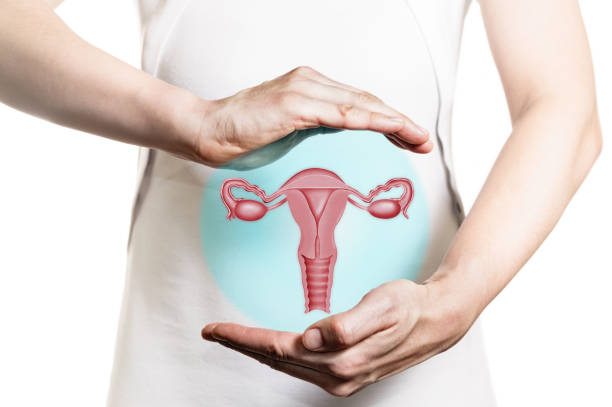A big health problem around the world is cervical cancer, but if women get regular Pap screens, the number of cases and deaths from it can be cut down by a lot. In this comprehensive guide, we delve into the importance of regular Pap smears in the early detection and prevention of cervical cancer. From understanding the procedure to navigating results and addressing common concerns, empowering women with knowledge is key to prioritizing their health.
Cervical Cancer
Cancer of the cervix happens when cells in the cervix (the part of the uterus that links to the vagina) grow in a way that isn’t normal. The human papillomavirus (HPV), which often spreads through physical contact, is known to cause most cases. While HPV infection is prevalent, not all cases lead to cervical cancer. However, regular Pap smears play a crucial role in detecting abnormalities early, enabling timely intervention and reducing the risk of cervical cancer development.
The Role Of Pap Smears In Early Detection
It is a simple test that gets cells from the cervix so that they can be looked at under a microscope. It is also known as a Pap test or cervical smear. A doctor or nurse softly swabs the cervix to get cells, which are then looked at to see if there are any problems. Regular Pap smears allow for the detection of precancerous changes or early-stage cervical cancer when treatment is most effective. Women should start getting Pap tests regularly when they turn 21. How often they get them will depend on their age and risk factors. In addition to regular Pap smears, comprehensive approaches to all women’s healthcare encompass preventive measures such as HPV vaccination and lifestyle modifications to promote overall cervical health and well-being.
Frequency And Timing Of Pap Smears
The frequency of Pap smears depends on several factors, including age, medical history, and previous Pap smear results. Generally, women aged 21 to 29 are recommended to have a Pap smear every three years if results are normal. For women aged 30 to 65, Pap smears may be performed every three to five years or in combination with HPV testing (co-testing) for enhanced accuracy. Women over 65 who have had regular screenings and had good results may not need Pap smears anymore, but each woman should talk to her doctor about this.
Navigating Pap Smear Results
Understanding Pap smear results can alleviate anxiety and guide appropriate follow-up care. Normal results indicate the absence of abnormal cells, providing reassurance and confirming the effectiveness of preventive measures. However, abnormal results may warrant further evaluation, including additional testing or procedures such as colposcopy and biopsy. It’s important for women to be honest with their doctors about any worries or questions they have about their Pap smear results.
Preventive Measures Beyond Screening
While Pap smears are a cornerstone of cervical cancer screening, preventive measures extend beyond regular testing. A very important way to lower the chance of getting cervical cancer, especially in teens and young adults, is to get a vaccine against HPV. The HPV vaccine offers protection against several high-risk HPV strains responsible for the majority of cervical cancer cases. Additionally, practicing safe sex, limiting the number of sexual partners, and avoiding tobacco use contribute to overall cervical health.
Addressing Common Concerns And Misconceptions
Despite the proven benefits of Pap smears, some women may experience fear or apprehension about the procedure. Common concerns include discomfort, embarrassment, or fear of receiving abnormal results. Healthcare providers are very important in handling these worries because they give information, offer support, and make sure that testing is done in a safe and comfortable way. Open communication and patient education are essential in fostering trust and encouraging regular screening participation.
Conclusion: Empowering Women Through Knowledge And Action
Regular Pap smears are an important part of women’s preventative health care because they are a simple but effective way to find and stop cervical cancer early. Women can protect their cervical health and general health by making regular screenings a priority and taking other preventative steps. Empowering women with knowledge about the importance of Pap smears is key to promoting proactive healthcare behaviors and reducing the burden of cervical cancer worldwide.
In conclusion, let us reaffirm our commitment to prioritizing women’s health through regular Pap smears and comprehensive cervical cancer screening programs. We can work together to make sure that cervical cancer isn’t a big problem in the future and that every woman has the chance to live a healthy, happy life.

